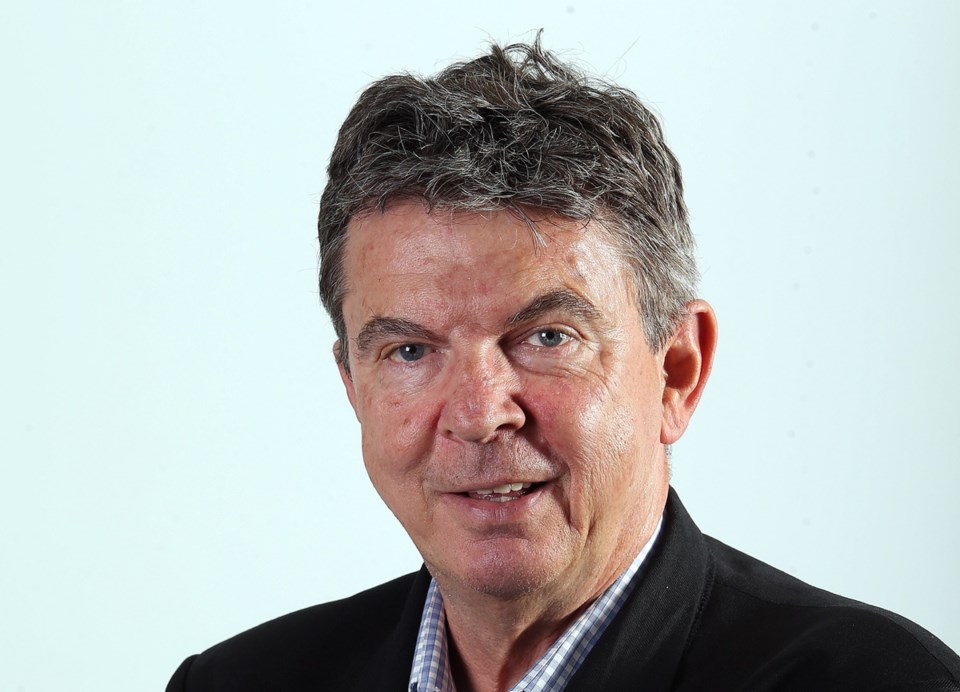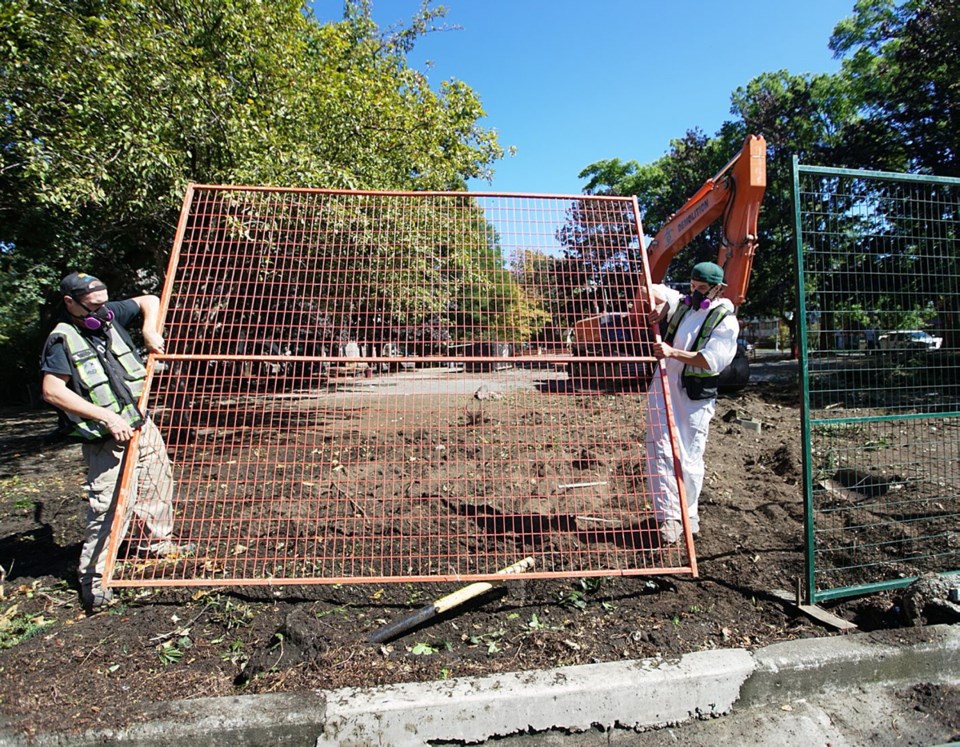 Housing Minister Rich Coleman’s post-incident report to the Union of B.C. Municipalities on Victoria’s tent-city adventure was heavy on sympathy for the homeless, and short on patience for activists who used it for political reasons.
Housing Minister Rich Coleman’s post-incident report to the Union of B.C. Municipalities on Victoria’s tent-city adventure was heavy on sympathy for the homeless, and short on patience for activists who used it for political reasons.
But looking back on the experience now that the rag-tag encampment is vacant and being rehabilitated, it’s clear that the “rabble-rousers” scored some big wins over the life of the camp.
Would the government have spent more than $25 million locally on housing, incurring significant new operating costs, if there hadn’t been a political-protest element to the camp? Unlikely.
Coleman always divided the campers into two groups — the legitimately homeless who badly needed help, and the protesters who might or might not have been homeless but were quick to capitalize on the situation to advance demands for more social housing.
At a panel discussion on Monday, he again disparaged activists who used the situation and the homeless people, encouraging them not to move on so they could make a political statement. “There are people … who seem to show up every time there’s a camp somewhere and actually try to rabble-rouse the group of people who need help the most,” he said. “I don’t particularly like those people. They’re doing what they’re doing on the backs of people who need help.”
But the lengthy duration is what eventually compelled him to spend big dollars adding hundreds of new beds to the local system. He said from the outset there were always beds for those who needed them. But at the end of the day, his ministry added 300 new beds, with more to come.
Coleman prefers to say it was an influx of new arrivals that prompted the reaction. He told about 100 delegates at the UBCM’s opening day he thought the government was bending the curve down on demand for shelter beds, but then the economies in other provinces started to tank and there was a massive influx of newcomers to town, looking for jobs, a warmer climate or just help.
“We actually moved pretty quickly to get some space,” he said. The Mount Edwards care home purchase was announced in February, a few months after the camp took shape. “No sooner had we done that than we had another 80 campers, coming in from all over the place.”
The lengthy duration of the camp also arose from the B.C. Supreme Court’s refusal to grant the first injunction application.
Said Coleman: “Sometimes it would be nice if we had a judiciary that would understand an injunction just means we’re trying to help people.”
He and other speakers said the campers were in worse shape than many realized, suffering mental-health problems, dealing with addiction and in poor physical health.
The audience was made up of local politicians who have either dealt with tent cities or are bracing to deal with them.
Coleman told them: “They’re expensive, they take a lot of time, work and co-operation.”
People should find out who the clients are — “people who can’t move forward because basic needs are not being met” — and start making connections with them early on.
Not everyone can be helped, because alternative arrangements don’t always work and some people refuse all help, he said.
“You can’t force a Canadian to come out of the cold.”
The full cost of what it took to bring the courthouse tent city to a close can’t be estimated because the operating costs of at least three new facilities aren’t known.
But they’re huge. “You can imagine what this starts adding up to as you do these things,” said Coleman.
Just So You Know: The camp was controversial throughout, but the shutdown went smoothly, with no confrontations. Housing Ministry official Greg Steves, also on the panel, singled out two people for making a difference. Mike Blaschuk had retired from government but was pressed back into service as the camp grew and spent many long shifts building relations with the campers and averting trouble.
And “Ralphie,” a rail-thin septuagenarian who lived there for months, was one of several campers hired by the contractor to demolish the camp and did a lot of valuable work in a sensitive situation. He later found permanent, independent housing.



